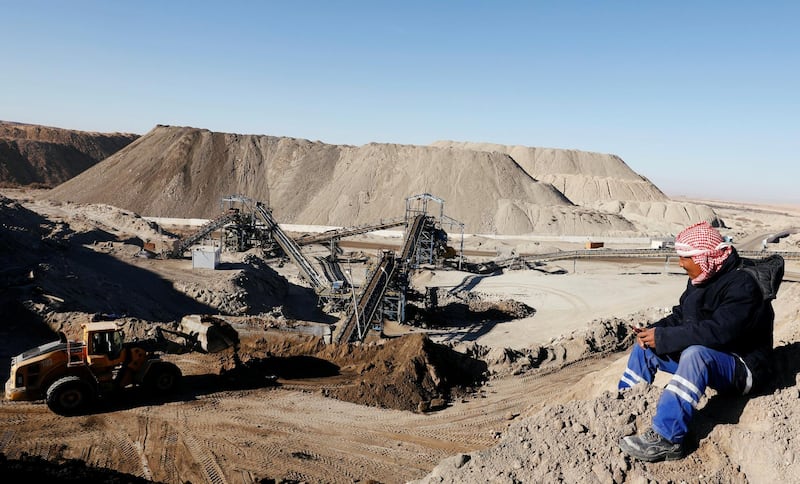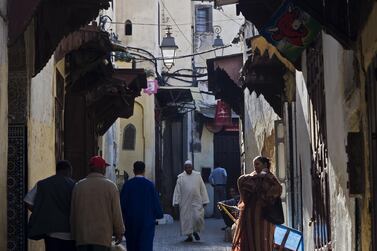The near-term policies of Tunisian authorities should focus on improving fiscal and external deficits to overcome the otherwise "unsustainable debt dynamics", the International Monetary Fund has advised the North African nation as it approved the disbursement of a much-needed $245 million (Dh899.2m) loan facility.
The release of the latest tranche takes the total disbursement to $1.6 billion, part of the $2.9bn lifeline extended to Tunisia to help sort out its finances by IMF in 2016. The package will help Tunisia meet a budget deficit target of 3.9 per cent of gross domestic product in 2019, from 4.9 per cent in 2018. The executive board of Washington-based lender has also completed the fifth review of Tunisia’s economic programme to contain its escalating debt and financing needs, the IMF said in a statement on Tuesday.
The IMF board approved the Tunisian request for waivers of non-observance of the end of March performance criteria on net international reserves and net domestic assets. The lender has granted the waivers on the basis of "corrective measures undertaken by the Tunisian authorities," it said.
“While improving over the course of 2017 and 2018, growth remains subdued and elevated macroeconomic vulnerabilities persist, but policy efforts are starting to show results," David Lipton, IMF's first deputy managing director, said.
"A strong revenue effort and energy subsidy reform have supported significant fiscal deficit reduction, monetary tightening has started to reduce inflation, and lower foreign exchange interventions have allowed the exchange rate to better reflect fundamentals."
Against the backdrop of a challenging domestic socio-political environment and external pressures, programme performance since the previous review, however, has been mixed, he noted.
The IMF, separately has also completed the review for a $2.15bn liquidity line for Morocco, extended to help strengthen the country's economy and “promote more inclusive growth”.
The loan was approved by the multilateral lender in December to help reduce its fiscal deficit and mitigate the risk of external shocks to its economy. The two-year Precautionary and Liquidity Line (PLL) arrangement will allow Morocco to access $1.73bn of the total sum in the first year.
Morocco had secured three credit lines from the IMF worth $6.2bn in 2012, about $5bn in 2014 and $3.5bn in 2016. The PLL is intended for countries with relatively good economic policies that face balance of payments needs because of external factors outside their control, such as a rise in oil prices. As of March 2018, only the Republic of Macedonia and Morocco had used this type of IMF programme.








